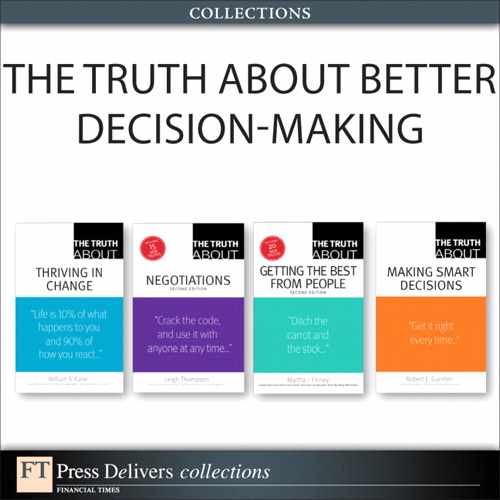Truth 43. Don't let power or ego sway you from your course
It's easy to make ethical decisions in a vacuum. In a hypothetical world, we would never bend the rules or cheat. But what if the second-most powerful man in America asks you to do something that doesn't sit right? How do you say no?
This was the challenge faced by billionaire industrialist Jon Huntsman as a member of the Nixon White House. Nixon's Chief of Staff H. R. Haldeman asked Huntsman to send someone from his company to spy on a political rival. Huntsman got as far as picking up the phone and calling one of his managers, but he caught himself in time. It was the beginning of the end of Huntsman's career in the Nixon White House, but he was virtually the only top staff member of the Nixon administration who was not indicted in the Watergate scandal.26
In a famous set of experiments by Yale University psychologist Stanley Milgram, participants were told by an authority figure to administer shocks to another "subject" (actually an actor) in a different room. As an authority figure in a white lab coat supervised, the actors were given a series of questions. If the actors gave the wrong answer, subjects were instructed to give them an electric shock, starting at 45 volts and increasing with every wrong answer. The subjects believed they were giving actual shocks to the actors. As the voltages rose, the actors screamed and banged on the wall. The observer in the white lab coat reassured the subjects and urged them to go on. In the experiments, no subject stopped the shocks before 300 volts, and more than three-fifths the subjects administered the maximum (450 volts). We have a tremendous need to conform, particularly to the orders of an authority figure.
If we find ourselves pushed into a decision that makes us feel uncomfortable, we need to be willing to question authority.
The experiments, begun in 1961, shortly after the trial of Nazi war criminal Adolf Eichmann, were designed to explore how ordinary people might have engaged in the extraordinary atrocities of the Holocaust. The chilling results showed how susceptible we all are to the power of authority and the need for compliance in making our decisions. If we find ourselves pushed into a decision that makes us feel uncomfortable, we need to be willing to question authority.
One small compromise can lead to bigger ones. It's a slippery slope. Financier Larry Zicklin of Neuberger & Berman said compromising ethics is like the "salami theory." You keep slicing off a little bit of your ethics, and pretty soon there's nothing left.
When you're making an important decision, consider the pressure that is placed on you to decide in a certain way. The pressure could be from a boss or other important manager, or it could be from family, a doctor, or another authority figure. Remember that these authority figures may fall from their pedestal in the future. Would you still be comfortable with your decision if this happened? These influencers may place undue pressure to decide in a certain way. You need to check with your own values. You wouldn't be human if you weren't influenced by others, but you need to make sure you're not swayed too much by those around you. Would you make the same decision if it were yours alone to make?
